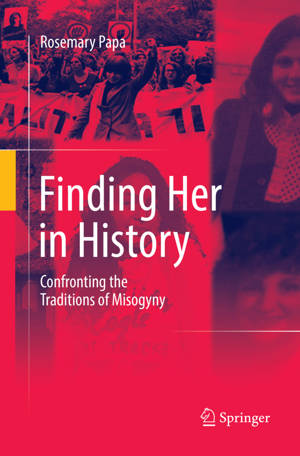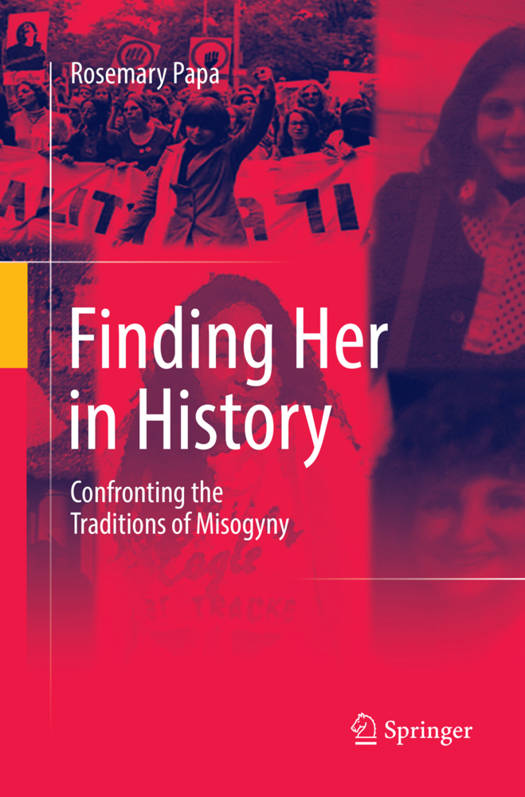
- Afhalen na 1 uur in een winkel met voorraad
- Gratis thuislevering in België vanaf € 30
- Ruim aanbod met 7 miljoen producten
- Afhalen na 1 uur in een winkel met voorraad
- Gratis thuislevering in België vanaf € 30
- Ruim aanbod met 7 miljoen producten
€ 85,45
+ 170 punten
Uitvoering
Omschrijving
This monograph was cultivated from the AERA SIG, Women in Education 2016 address and delivers a brief review of his-story in terms of the lack of her-story being included through three parallel lines: 1) historical documents on formation of the family and work in and outside the home from the Paleolithic era; 2) the development of traditional religions and the subjugation of women beginning with the conniving seductress Eve; and, 3) the discussion of major wars and the nation/state policies produced throughout history with impacts on girls and women, as well, the precarious health of the planet. This brief review of his-story reveals the continued exclusion of her-story with the example of Willystine Goodsell, a historian, ironically erased from history in education. The premise that subjugation of women and children as lesser than males has been supported both in the name of protecting them and in shaming them. The combined ubiquitous effects of disequilibrium created by mankind in wars, religions, education, social capital, economics and politics, have ensured his-story is the one recorded. This monograph suggests a more balanced approach to the written her-his-story requires inclusion of all the population and the secular educating of especially girls and women.
Specificaties
Betrokkenen
- Auteur(s):
- Uitgeverij:
Inhoud
- Aantal bladzijden:
- 74
- Taal:
- Engels
Eigenschappen
- Productcode (EAN):
- 9783319859552
- Verschijningsdatum:
- 12/08/2018
- Uitvoering:
- Paperback
- Formaat:
- Trade paperback (VS)
- Afmetingen:
- 156 mm x 234 mm
- Gewicht:
- 145 g

Alleen bij Standaard Boekhandel
+ 170 punten op je klantenkaart van Standaard Boekhandel
Beoordelingen
We publiceren alleen reviews die voldoen aan de voorwaarden voor reviews. Bekijk onze voorwaarden voor reviews.







